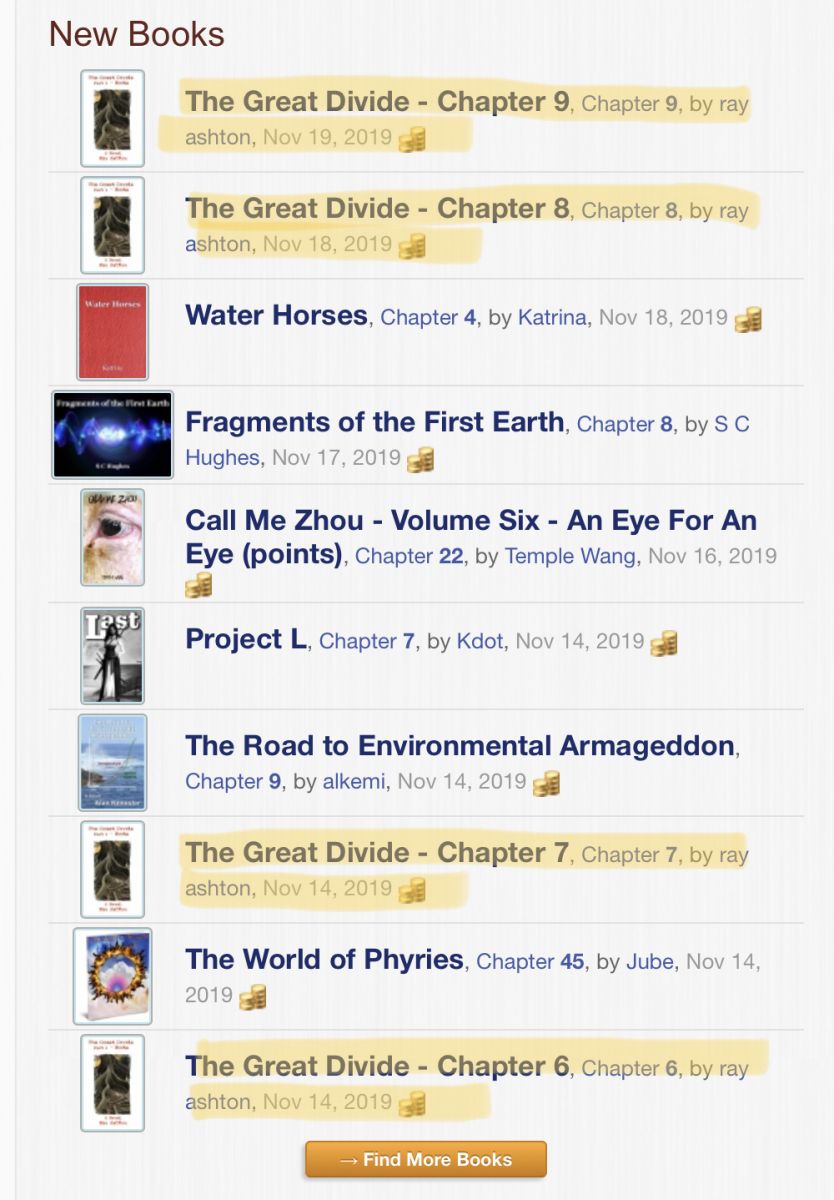For light fare (most genre fiction), I don’t find names helpful. I find it distracting and a little presumptuous. The exceptions might be humorous fiction and loose or episodic narratives.
For heavier fare, such as literary fiction with complex narratives and historical fiction, I find chapter titles helpful reference points (especially if the novel is long and has multiple plot lines.)
Some food for thought from an article at nybookeditors (emphasis is mine)
“There are three major benefits to titling your chapters.
Titles provide hints of what to expect within the chapter. Your title can motivate the reader to continue pushing through the novel to see what will happen next.
Titles provide easy reference points for the reader. Some readers like to refer back to an incident that happened earlier in the novel. Titles can serve as useful reference points.
Titles define and differentiate one chapter from the next. Sometimes, chapters blend together. Titles can help to distinguish and provide a small glimpse into the purchase of each chapter.
While titles may be natural for some novels, it can be jarring or disruptive for others. Use your writer’s discretion when coming up with a title for your chapters and, if you don’t feel good about the titles you’ve chosen, simply use numbers instead.”
https://nybookeditors.com/2017/09/your- … -chapters/
Another article:
https://www.standoutbooks.com/how-write … -headings/








